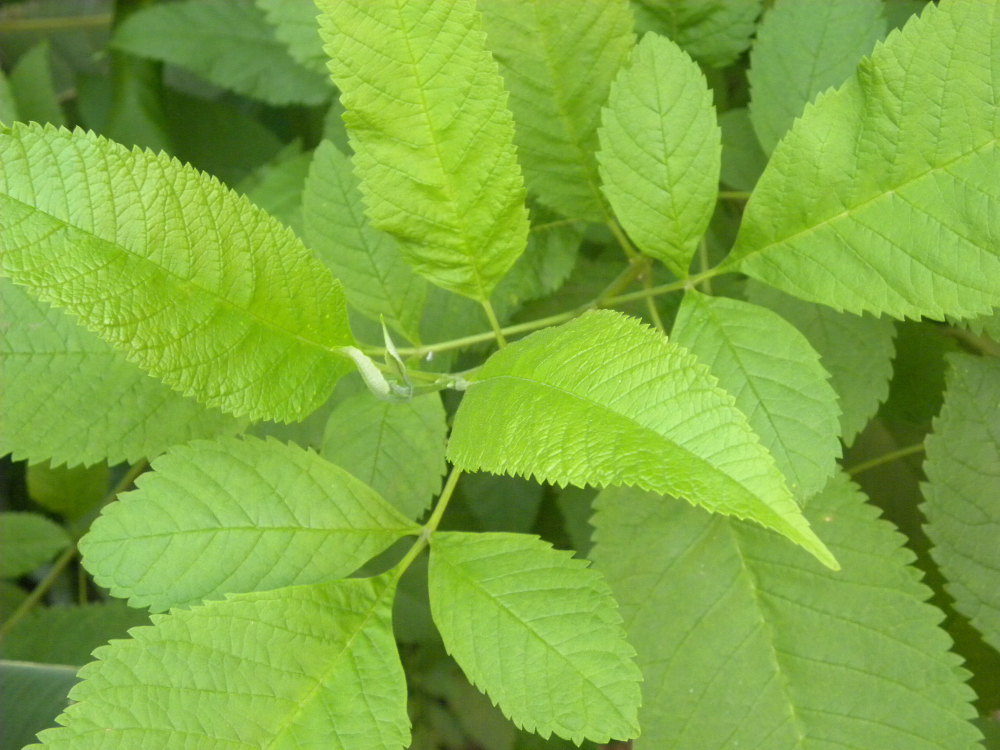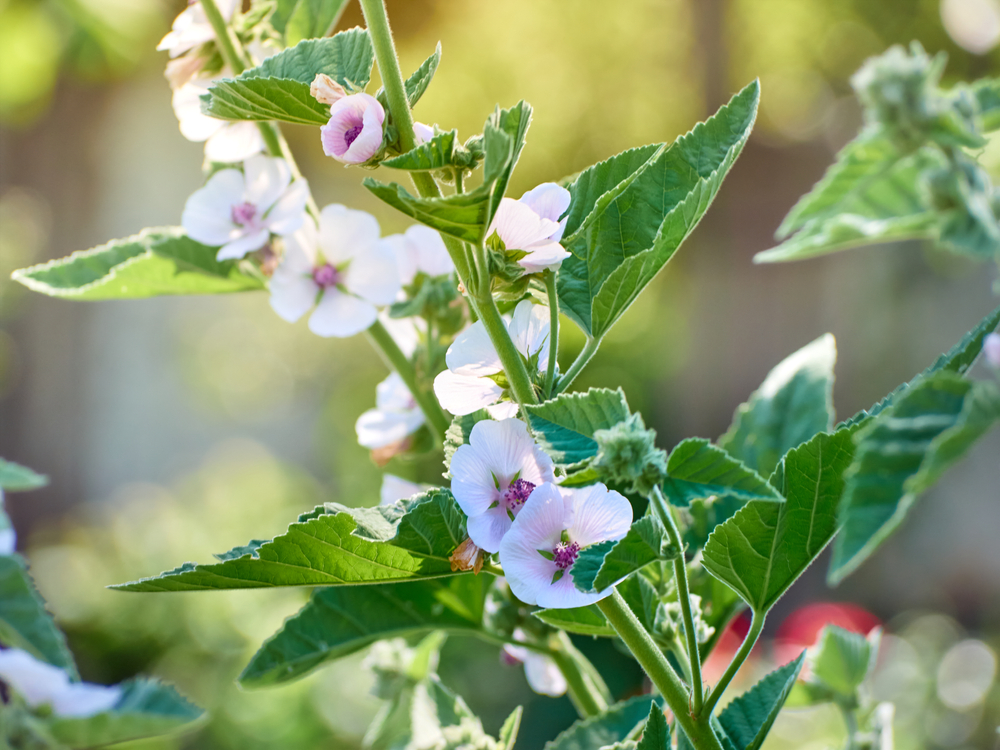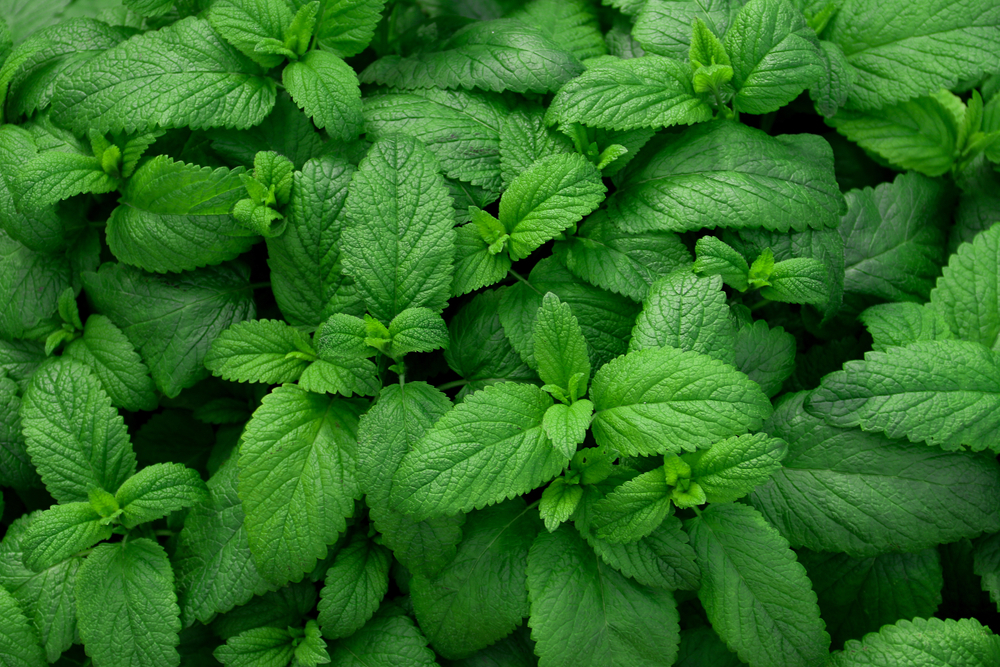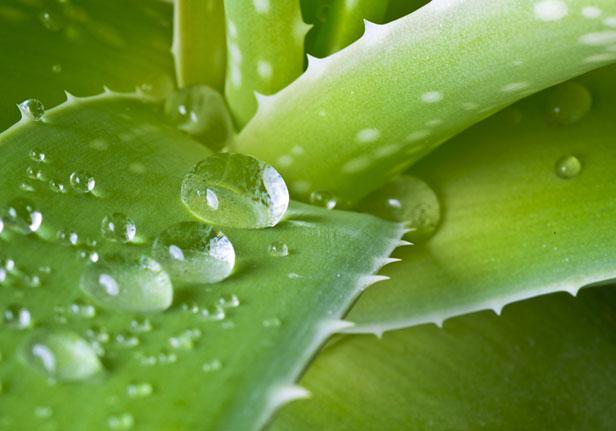Abdominal pain, constipation, diarrhoea, and bloating are just some of the of the symptoms of IBS and they can be debilitating.
April is IBS (Irritable Bowel Syndrome) awareness month so Editor Jane Garton goes in search of the herbs that may help to ease any discomfort.
IBS (irritable bowel syndrome) is one of the most common gastrointestinal conditions, affecting around one in five people in the UK. Symptoms vary, ranging from barely noticeable to completely debilitating. The most common are a cramp-like abdominal pain, which is often relieved by opening the bowels, diarrhoea or constipation, or alternating bouts of diarrhoea and constipation and abdominal bloating and swelling. Some people also experience flatulence, nausea, fatigue, bladder problems and bowel incontinence.
IBS Triggers
Symptoms tend to come and go, and triggers may include gastroenteritis, antibiotic use, trauma or stress, or certain foods say the experts. They’re linked to things like food passing through the gut too quickly or too slowly, or oversensitive nerves in the gut. You may also be more at risk if someone in your family has IBS.
Tummy upsets and medications can also cause an imbalance in the gut microbiota, the microbes that live naturally in our intestines and influence digestion as well as many other body systems. A traumatic life event or stress can also be a factor via the gut-brain axis, whereby our emotional state triggers digestive upset and vice versa. There is also evidence that people with IBS are more likely to be anxious or depressed although it’s not known if this is cause or effect.
Your doctor may prescribe drugs to relieve symptoms, but the search is still out for a long-term cure. Meanwhile, here are some herbs that may help to make life more bearable.
Slippery elm

Slippery Elm is a long-time favourite of herbalists for IBS. Why? The inner bark of the elm tree is loaded with mucilage, a smooth slippery substance that coats the walls of the intestines helping to soothe and protect them. It is also nourishing and can help with diarrhoea.
Marshmallow

The leaves, flowers and roots of marshmallow are also rich in mucilage. In dried form it can be used to make a delicious healing tea.
Turmeric

Turmeric is a potent anti-anti-inflammatory and is often recommended to help maintain a healthy bowel and may be beneficial for people with IBS. Research conducted at the University of Reading has shown that a daily dose of a standardised turmeric extract supplement can help relieve IBS symptoms.
Peppermint

Peppermint is an excellent herb for helping digestion and soothing the stomach. Drink a cup of mint tea after eating, either made with fresh leaves or the dried herb. Alternatively, try peppermint oil.
Aloe vera

The juice of the Aloe Vera plant has a soothing and anti-inflammatory effect on the digestive system. It is particularly good if constipation is your main IBS issue, as it exerts a gentle laxative effect. Try taking 10ml of the fresh juice twice daily. This herb should be avoided in pregnancy.
Other health tips for managing IBS
- Drinking a glass of warm water first thing in the morning can help clean out bowel
- Your tummy needs fluids to digest food properly. Drink liquids around half an hour before eating or one hour after.
- Eat slowly and chew food thoroughly.
- A low FODMAP diet which involves avoiding foods containing short-chain fermentable carbohydrates such as wheat, rye, legumes, some dairy and certain fruit and veg (apples, pears, plums, prunes, peaches and nectarines and vegetables such as onions, garlic, beetroot, cauliflower, and sprouts) can help. FODMAPs are poorly absorbed in the small intestine, triggering excess fluid and fermentation in the large intestine.
- Daily exercise can help keep things moving and abdominal muscles flexing. Aim for at least 30 minutes of activity most days of the week. Choose an activity that you enjoy – that way you are more likely to stick with it.
NOTE: Before taking herbal remedies, if you notice any changes in your bowel habits and are experiencing pain book an appointment with your GP who can carry out appropriate tests to confirm IBS or to investigate if something else may be going on.
























Add comment